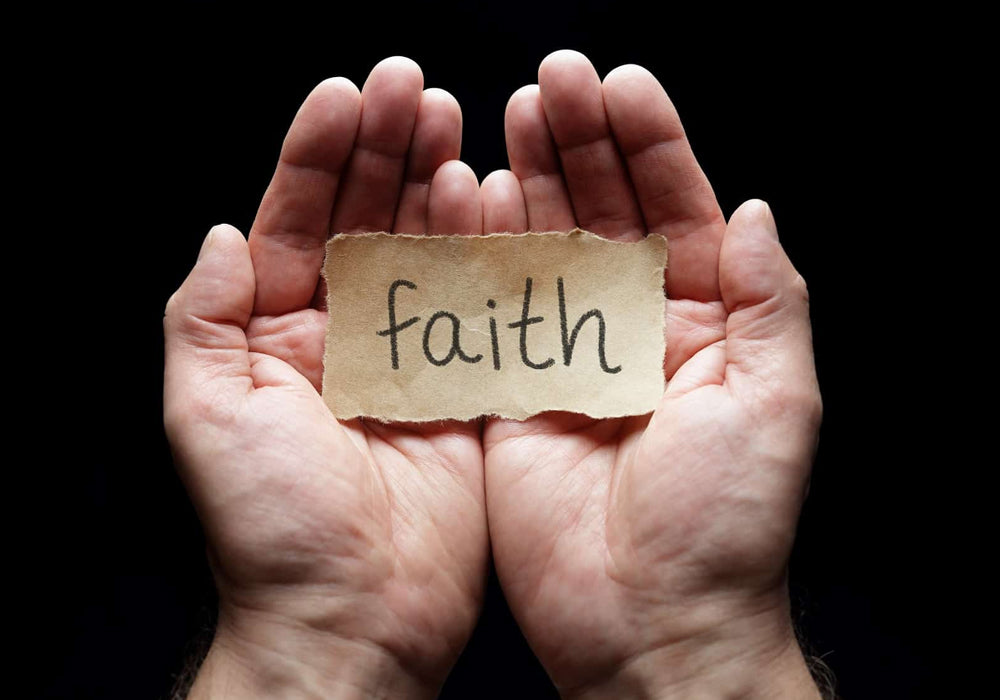3 Best Supplications To Boost Faith
When it comes to faith, all of us can recognize that over time, faith tends to wear out. This isn’t something we need a hadith or Quranic verse to prove—just think back. Chances are, you can recall a time when your connection with Allah (SWT) felt stronger, but now you might feel distant. Have you ever caught yourself wondering why that is? Or what exactly happened that caused you to drift from your faith?
First and foremost, it is important to understand that this is a very natural occurrence. There’s no need to spiral into negative thoughts or overwhelm yourself with anxiety. You don’t need to blame yourself or question your worth as a Muslim. Abdullah ibn Amr reported: The Messenger of Allah (PBUH) said,
“Verily, the faith of one of you will wear out within him, just as a shirt becomes worn out, so ask Allah to renew faith in your hearts.” [al-Mu’jam al-Kabīr lil-Ṭabarānī 14668]
The analogy of a garment wearing out over time perfectly sums up the theory of faith wearing out as well. Think about it, if you toss your garment in the wash numerous times, it starts to lose its color, right? Regardless of how carefully you handle it, the wear and tear are inevitable.In the same way, the Prophet (PBUH) is highlighting how natural it is for faith to fade over time.
What is Dua?
In Islam, “Dua” is a prayer of supplication or request, asking help or assistance from God. Dua is an integral aspect of Islamic worship and spirituality, serving as a direct line of communication between a believer and Allah. Unlike formal prayer, Dua, or supplication, offers the unique flexibility of being practiced in any place, at any time, and in any circumstance. Whether you are commuting, working, or even resting, the remembrance of Allah through Dhikr can seamlessly be integrated into the flow of daily life. It's a powerful tool for finding inner peace and staying connected to God. Through Dua, Muslims affirm their dependence on Allah and their trust in His wisdom and mercy. A hadith of the Prophet(PBUH) explains the definition and importance of Dua in Islam,
“The supplication is the essence of worship.”
This shows that Dua is the core of Ibadat (worship). To understand the term “ibadat” at a deeper level, it is not indicative of a ritual or an act a believer must do, in fact it is an intention of reaching out to God, or making contact with God. In an attempt to do that, a believer practically performs such acts. Thus, whenever you have an urge to connect with Allah (SWT), you can indulge in numerous acts of worship aside from prayer. Some examples of that is; Dua, Dhikr, Fasting, etc.
To gain a better understanding of Dhikr, check out our previous blog: Do you know what Dhikr is?
Contrary to popular belief, Dua is more than just the repetition of certain memorized words, it is the restlessness of one’s soul that takes the form of words. Whenever we face times of difficulty or any kind of extreme emotion, where the need of Allah (SWT) is apparent, we can easily verbalize our needs and express in full vulnerability.
In continuation of the hadith mentioned above, even the Prophet (PBUH) recommends to “ask Allah(SWT)”. The One who strengthens your heart, instills faith within you, and answers your prayers is the only One capable of renewing your worn-down faith. So, ask Him to sustain and amplify your faith. While you pray for some kind of sustenance in this world it's important to make renewing your faith a regular part of your daily supplications. This simple practice can have a profound impact on your spiritual well-being because, at the end of the day, your faith is your greatest asset. Without it, everything else is just temporary.
There are countless supplications that are short and easy to memorize and become a new addition to our already existing supplications. Abdullah ibn Masud (RA) gives us a supplication he used to recite, on the basis of the aforementioned hadith,
“Allahumma zidna imaanan wa yaqeenan wa fiqhan.”
"O Allah, increase us in faith, in certainty, and in understanding."
Furthermore, arguably the best supplication, taught by the Prophet before he sent one of his companions to Yemen emphasizes the need for Allah's assistance in performing acts of devotion, including remembrance, gratitude, and worship. It serves as a beautiful reminder of our dependence on Him to fulfill these essential spiritual duties properly.
“Allahumma a'inni ala dhikrika wa shukrika wa husni ibadatika.”
"O Allah, help me to remember You, to thank You, and to worship You in the best manner."
Lastly, another very well known supplication is,
"Ya Muqallib al-Qulub, thabbit qalbi ‘ala deenik"
"O Turner of hearts, make my heart firm upon Your religion."
When you ask the Enabler to enable you and the Purifier to purify your soul. This beautiful and extremely powerful supplication, taught by the Prophet (PBUH), helps to believer plead to Allah (SWT) to make their hearts steadfast in faith, highlighting their reliance on Him. is the indication of the believer begging the Creator to make them do all the thing would please the Lord and make them dislike anything that Allah displeases.
Reference:

Share:
What Does Islam Say About Anger?
Elevate Your Faith: Simple Steps to a Stronger Iman